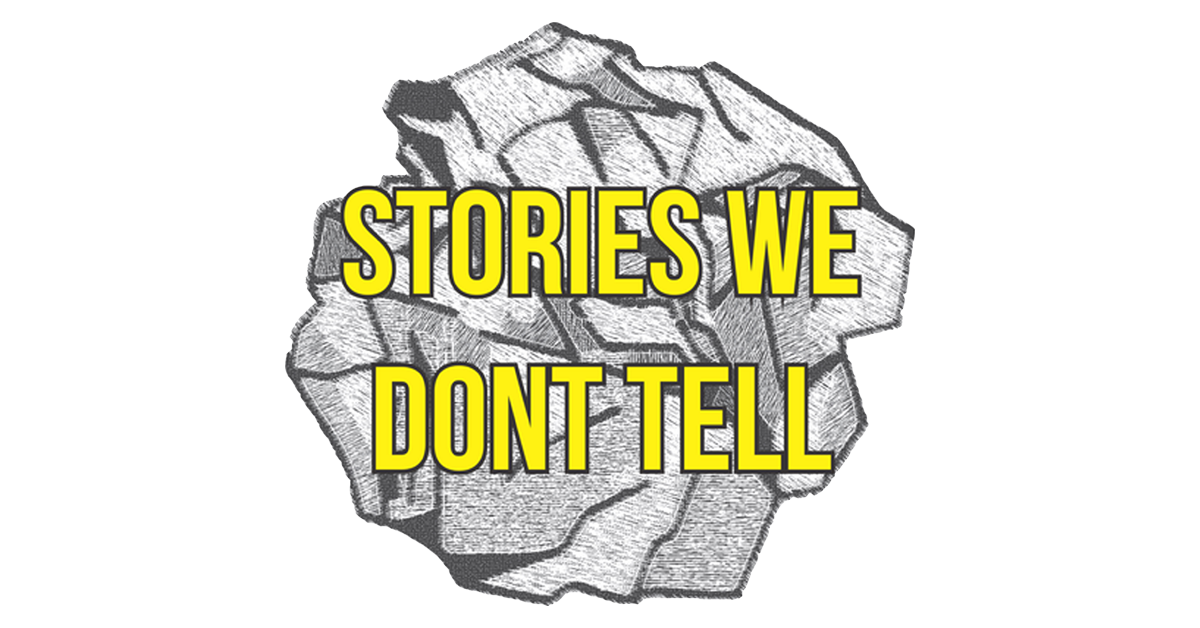This is a transcription of Stories We Don't Tell Podcast Episode 84: Upside Down. Listen to the podcast episode HERE.
So we were doing - another five and five.
We did this at the beginning of this season which was five writing tips and things that we've learned through the course of doing all the workshops with Stories We Don't Tell plus all of our own experiences. And now we've got five more that are like companion pieces and revisiting the first five.
Maybe at some point we can do the opposite versions? Like the Upside Down World in Stranger Things.
The first thing we’re going to talk about in this series is say you're writing a story or working on something and you're working on it like a lot. And you keep not just rewriting it but adding things and subtracting things and coming up with new ways of trying to do it. One of our original tips was write out the entire story. Sometimes you need to know when to stop.
Go ahead and write it all out. I still think that's good advice. One of my examples is a story I've never been able to do at the event. You write and write and it's not working. Then you leave it and six months later something pops in your head, like another kind of idea, and it connects everything. Sometimes you just need to set a story aside.
I think there are almost two sides of this. There's one side as a goal to get everything out on the page. Then there's the other side of this which is really a conversation and a thought process around structure and what to leave in and take out.
You can get lost in the story in a way. If you if you keep finding yourself trying to add new things or something to make it work, probably there’s something fundamentally wrong with the structure or what have you.
There was a story I was trying to write for like three months. I would try to get somewhere and I just wouldn't ever go anywhere and I think in part because it wasn't the kind of story in which reading it aloud was going to really solve the problem. I knew the story and also it wasn't overly precious to me. I kept just continually restarting and trying to find the way to make this thing work. And so I ended up with a bunch of little pieces, like 16 different pieces of it around and none of it flowed.
Sometimes you need to just let go. Sometimes you just need to stop and put it aside. Sometimes the solution is a lot simpler than you think it is.
All right. First one done. We nailed it everyone.
To wrap up, write out your entire story, but know when to stop. You don't want to get lost in it.

